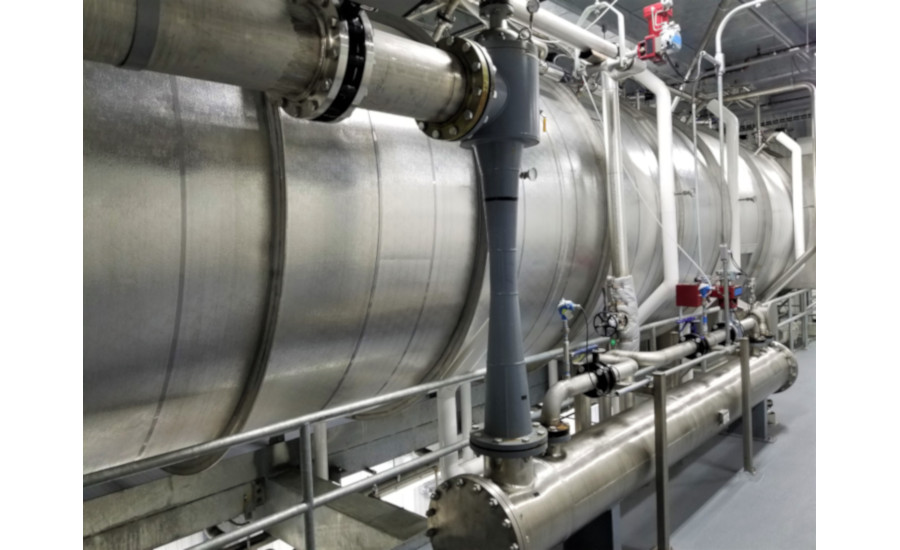Reprinted from: DairyFoods.com
The plant includes a state-of-the-art vacuum belt dryer, which offers flavor benefits and is more sustainable.

Malt Products Corp. (MPC), Saddle Brook, N.J., a manufacturer of sweeteners, said it has invested over $15 million in a new state-of-the-art drying plant. The new plant incorporates a vacuum belt dryer designed and built by drying technology expert Bucher Unipektin. The 58-foot-long machine has completed installation and validation and is currently operating at the company’s Dayton, Ohio, manufacturing facility.
MPC said it chose the vacuum belt dryer over a spray dryer because of its superior ability to produce free-flowing particulates of viscous sugar syrups, as well as retain flavor, aroma and color. The enhanced technology will allow MPC to manufacture products such as honey, agave and molasses, which are difficult or impossible to dry on a spray dryer without additives.
Important to the drying of malted barley extract, vacuum belt drying utilizes a gentler process that protects unique-to-product characteristics not found in other sweeteners, including antioxidants, essential amino acids, minerals and vitamins. Vacuum belt drying also helps avoid burnt notes or other off-flavors and aromas typical with spray drying and better controls the maillard reaction for a more consistent final product color.
The initiative also has an eye toward eco-consciousness: Vacuum belt dryers use less energy and water than spray dryers, reducing environmental impact and aligning with MPC’s broader commitment to sustainability, the company said.
“The new drying plant will continue our commitment to supply natural sweeteners, which are minimally processed and environmentally sustainable,” said Amy Targan, president of MPC.
The new dryer is the culmination of a five-year $50 million investment by MPC, beginning with the 2015 expansion of its state-of-the-art brew house and addition of a Meura mash-filter, expanded laboratory, research and development and customer application capabilities. These investments are in response to increasing demand for non-GMO and natural, nutritious ingredients.

